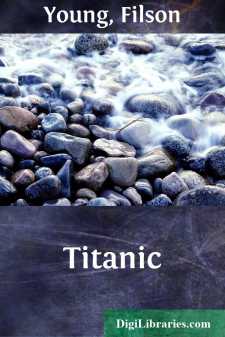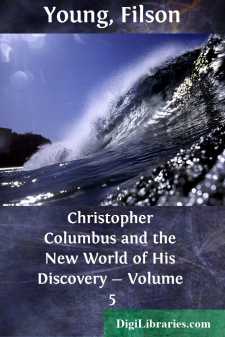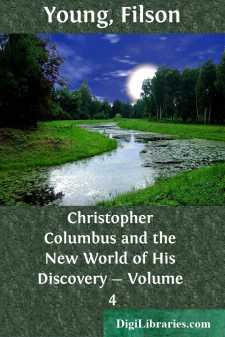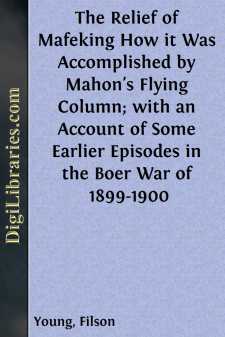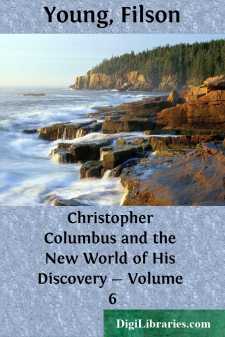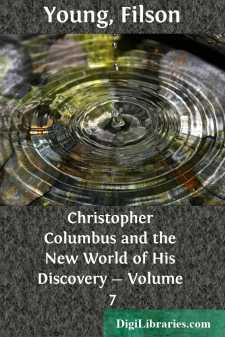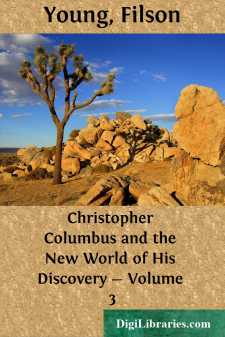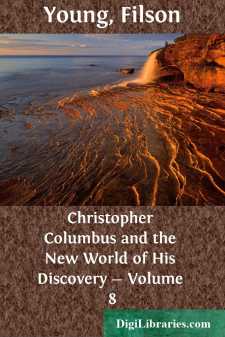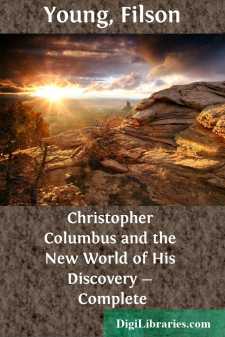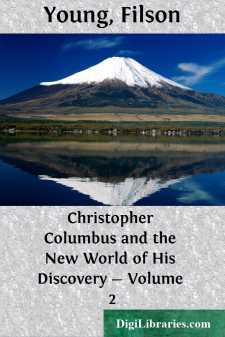Categories
- Antiques & Collectibles 13
- Architecture 36
- Art 48
- Bibles 22
- Biography & Autobiography 815
- Body, Mind & Spirit 144
- Business & Economics 28
- Children's Books 18
- Children's Fiction 14
- Computers 4
- Cooking 94
- Crafts & Hobbies 4
- Drama 346
- Education 58
- Family & Relationships 59
- Fiction 11835
- Games 19
- Gardening 17
- Health & Fitness 34
- History 1378
- House & Home 1
- Humor 147
- Juvenile Fiction 1873
- Juvenile Nonfiction 202
- Language Arts & Disciplines 89
- Law 16
- Literary Collections 686
- Literary Criticism 179
- Mathematics 13
- Medical 41
- Music 40
- Nature 180
- Non-Classifiable 1768
- Performing Arts 7
- Periodicals 1453
- Philosophy 65
- Photography 2
- Poetry 896
- Political Science 203
- Psychology 44
- Reference 154
- Religion 515
- Science 126
- Self-Help 85
- Social Science 83
- Sports & Recreation 34
- Study Aids 3
- Technology & Engineering 59
- Transportation 23
- Travel 463
- True Crime 29
Filson Young
Filson Young was a British journalist, writer, and pioneer in the field of motoring journalism, born on November 19, 1876. He is best known for his works such as "Titanic" (1912), one of the first books published about the sinking of the RMS Titanic, and for his insightful commentary on early 20th-century naval and automotive advancements. Young's diverse career also included contributions to literature, music, and broadcasting, making him a significant figure in early 20th-century media and culture.
Author's Books:
Sort by:
by:
Filson Young
If you enter Belfast Harbour early in the morning on the mail steamer from Fleetwood you will see far ahead of you a smudge of smoke. At first it is nothing but the apex of a great triangle formed by the heights on one side, the green wooded shores on the other, and the horizon astern. As you go on the triangle becomes narrower, the blue waters smoother, and the ship glides on in a triangle of her...
more...
by:
Filson Young
CHAPTER I THE VOYAGE TO CUBA The sight of the greater part of their fleet disappearing in the direction of home threw back the unstable Spanish colony into doubt and despondency. The brief encouragement afforded by Ojeda's report soon died away, and the actual discomforts of life in Isabella were more important than visionary luxuries that seemed to recede into the distance with the vanishing...
more...
by:
Filson Young
THE HOUR OF TRIUMPH From the moment when Columbus set foot on Spanish soil in the spring of 1493 he was surrounded by a fame and glory which, although they were transient, were of a splendour such as few other men can have ever experienced. He had not merely discovered a country, he had discovered a world. He had not merely made a profitable expedition; he had brought the promise of untold wealth to...
more...
by:
Filson Young
HOW THE RESERVES CAME UP From a seat in the paymaster's office of the depôt barracks at Bury one afternoon in November, 1899, I could look either into the barrack yard or out along the Bolton Road. A four-wheeler clove its way through the crowd surrounding the gates, and the sentries presented arms to it. It contained my friend, the paymaster, who presently came upstairs carrying a bag in which...
more...
by:
Filson Young
THE THIRD VOYAGE Columbus was at sea again; firm ground to him, although so treacherous and unstable to most of us; and as he saw the Spanish coast sinking down on the horizon he could shake himself free from his troubles, and feel that once more he was in a situation of which he was master. He first touched at Porto Santo, where, if the story of his residence there be true, there must have been potent...
more...
by:
Filson Young
DEGRADATION The first things seen by Francisco de Bobadilla when he entered the harbour of San Domingo on the morning of the 23rd of August 1500 were the bodies of several Spaniards, hanging from a gibbet near the water-side —a grim confirmation of what he had heard about the troubled state of the island. While he was waiting for the tide so that he might enter the harbour a boat put off from shore...
more...
by:
Filson Young
CHAPTER I THE ENCHANTED ISLANDS Columbus did not intend to remain long at San Salvador. His landfall there, although it signified the realisation of one part of his dream, was only the starting-point of his explorations in the New World. Now that he had made good his undertaking to "discover new lands," he had to make good his assurance that they were full of wealth and would swell the revenues...
more...
by:
Filson Young
RELIEF OF THE ADMIRAL There was no further difficulty about provisions, which were punctually brought by the natives on the old terms; but the familiar, spirit of sedition began to work again among the unhappy Spaniards, and once more a mutiny, led this time by the apothecary Bernardo, took form—the intention being to seize the remaining canoes and attempt to reach Espanola. This was the point at...
more...
by:
Filson Young
The writing of historical biography is properly a work of partnership, to which public credit is awarded too often in an inverse proportion to the labours expended. One group of historians, labouring in the obscurest depths, dig and prepare the ground, searching and sifting the documentary soil with infinite labour and over an area immensely wide. They are followed by those scholars and specialists in...
more...
by:
Filson Young
WANDERINGS WITH AN IDEA The man to whom Columbus proposed to address his request for means with which to make a voyage of discovery was no less a person than the new King of Portugal. Columbus was never a man of petty or small ideas; if he were going to do a thing at all, he went about it in a large and comprehensive way; and all his life he had a way of going to the fountainhead, and of making flights...
more...


